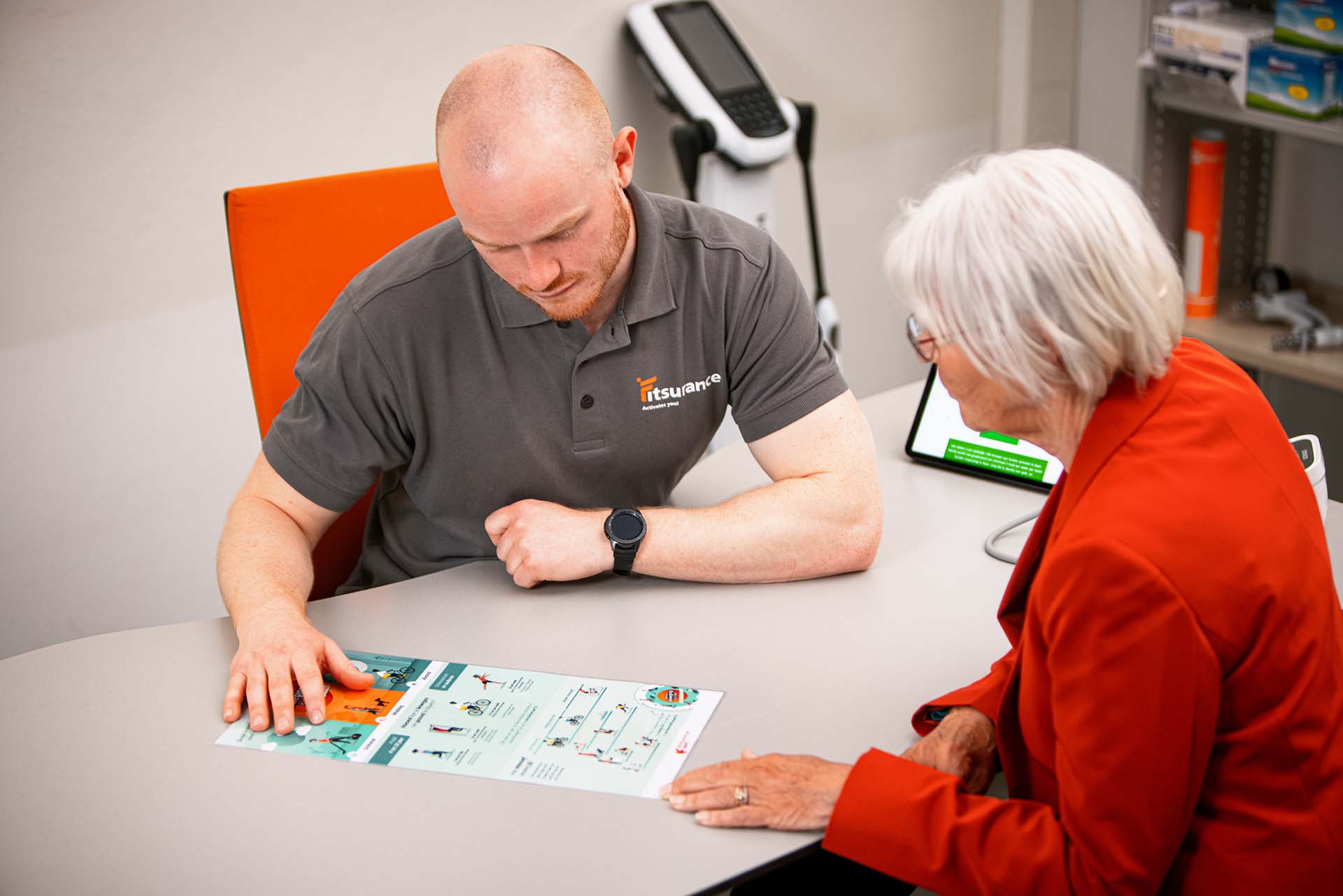PREVENTION & LIFESTYLE: UNLOCKING THE POWER OF LIFESTYLE
‘prevention is better than cure, when striving for a healthy life’
Did you know that non-communicable diseases (NCDs), also known as chronic diseases, account for a staggering 74% of global deaths? With cardiovascular diseases, diabetes, and obesity leading the charge, the urgency to address this escalating problem cannot be ignored1. The risk of NCDs is increased by lifestyle behaviors such as physical inactivity and an unhealthy diet2.
This is where lifestyle medicine steps in as a game-changer, offering a vital solution to combat the rising burden of non-communicable diseases worldwide. By focusing on preventive measures and empowering individuals to make positive changes, lifestyle medicine becomes paramount in reshaping the landscape of global health.

Lifestyle medicine
Lifestyle medicine is a branch of medicine focused on preventive healthcare and self-care dealing with prevention, research, education, and treatment of disorders caused by lifestyle factors and preventable causes of death such as nutrition, physical inactivity, chronic stress, and self-destructive behaviors including the consumption of tobacco products and drug or alcohol abuse3. A study published in the New England Journal of Medicine found that modifiable lifestyle factors, including smoking, poor diet, physical inactivity, and excessive alcohol consumption, contribute to a staggering 60% of premature deaths globally4. Lifestyle medicine aims to enhance individuals’ health and overall well-being, with a primary focus on preventing chronic conditions like cardiovascular diseases, diabetes, metabolic syndrome, and obesity. This approach utilizes the six fundamental pillars of lifestyle medicine.
Scientific evidence
There is substantial scientific evidence supporting the role of prevention and modifiable lifestyle factors in promoting health. Here are a few examples:
- A study by Knoops et al. (2004)5 examined the Mediterranean diet, lifestyle factors, and mortality rates in elderly European men and women over 10 years. The Mediterranean diet includes foods that are native to the countries bordering the Mediterranean — namely Greece, Italy, Spain, Morocco, Egypt and Lebanon. Foods that come from the Mediterranean include many vegetables, fruits, whole grains and legumes. This further includes little sugar, little sodium, unprocessed foods, unrefined carbs, unsaturated fats and unprocessed meats. In this study they found that among individuals aged 70 to 90 years, adherence to a Mediterranean diet and healthful lifestyle is associated with a more than 50% lower rate of all-cause and cause-specific mortality. This study emphasizes the benefits of the Mediterranean diet and healthy lifestyle choices for promoting longevity in older adults.
- The Look AHEAD study (2018)6 found that an intensive lifestyle intervention, including changes in diet and increased physical activity, has modest but significant long-term benefits on physical function in overweight and obese middle-aged and older adults with type 2 diabetes. This highlights the positive impact of lifestyle changes on the well-being and physical abilities of individuals with diabetes.
- The Diabetes Prevention Program (2005)7 demonstrated the ability to delay or prevent type 2 diabetes in participants with impaired glucose tolerance (glucose raised beyond normal levels). They aimed to evaluate the effects of intensive lifestyle intervention and metformin therapy (metformin is a medicine used to treat type 2 diabetes) on cardiovascular disease (CVD) risk factors among individuals at high risk of developing type 2 diabetes. They found that both the lifestyle intervention and metformin therapy had positive effects on cardiovascular disease risk factors. The lifestyle intervention, which focused on weight loss, healthy eating, and increased physical activity, resulted in significant improvements in several CVD risk factors. Participants in the lifestyle intervention group experienced reductions in body weight, blood pressure, triglyceride levels, and increases in HDL cholesterol levels (the “good” cholesterol). Similarly, the metformin therapy group showed improvements in certain CVD risk factors. Participants receiving metformin experienced reductions in triglyceride levels and slight improvements in HDL cholesterol levels. However, the effects on body weight and blood pressure were not as pronounced as those seen in the lifestyle intervention group. The lifestyle intervention proved to be particularly effective in improving multiple risk factors, while metformin showed more modest benefits in certain aspects, showing the benefits of lifestyle interventions.

How can Fitsurance help you?
Fitsurance focuses on preventive healthcare and self-care (lifestyle medicine). We offer a unique integration of Health Checks and lifestyle coaching. This is referred to as “data-driven lifestyle coaching.” In this context, data-driven means that health data, such as cholesterol, blood sugar, blood pressure, waist circumference, and body composition (body fat percentage, skeletal muscle mass, etc.), is used to coach you more effectively and specifically. It also enables both the coachee and the coach to monitor health variables (and thereby health risks) over time.
We are a company that combines scientific knowledge from various fields and disciplines. We combine advanced data analysis with personalized coaching to help you achieve your health and well-being goals and reduce the risk of common non-communicable diseases. We collect and analyze data from various sources, such as wearables, blood measurements, DNA, and self-reported measurements, to create a detailed profile of individuals’ health and fitness status. The collected data is then used to provide personalized coaching and guidance by experienced lifestyle coaches who work collaboratively with you to develop a customized plan tailored to your unique needs, preferences, and goals.


Milou Rutenfrans
Health Psychology & Communications

